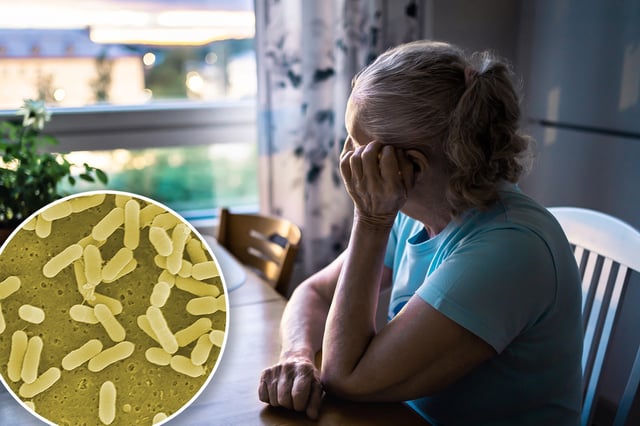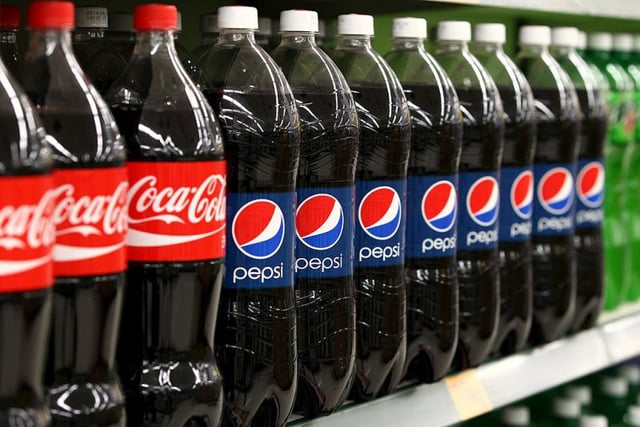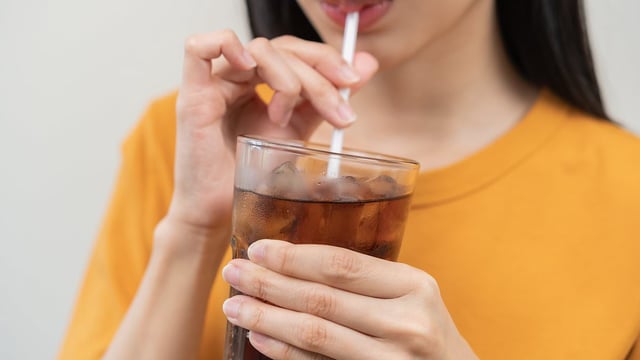Overview
- Researchers analyzed 932 adults from the Marburg–Münster Affective Cohort, including 405 with major depressive disorder and 527 controls recruited between 2014 and 2018.
- Higher intake was associated with both a diagnosis of major depressive disorder and greater symptom severity, with the signal strongest in women.
- In women, high consumption corresponded to about a 17% higher probability of depression (odds ratio 1.167), while no significant association was observed in men.
- Mediation analyses identified increased Eggerthella abundance as a statistically significant but modest pathway, accounting for roughly 3.8% of the link with diagnosis and 5.0% with symptom severity.
- Diet was measured by a validated 101‑item food frequency questionnaire and gut bacteria were profiled from stool samples, and the authors called for experimental and longitudinal studies as well as integrating nutrition counseling and considering policies to reduce soft drink intake.



